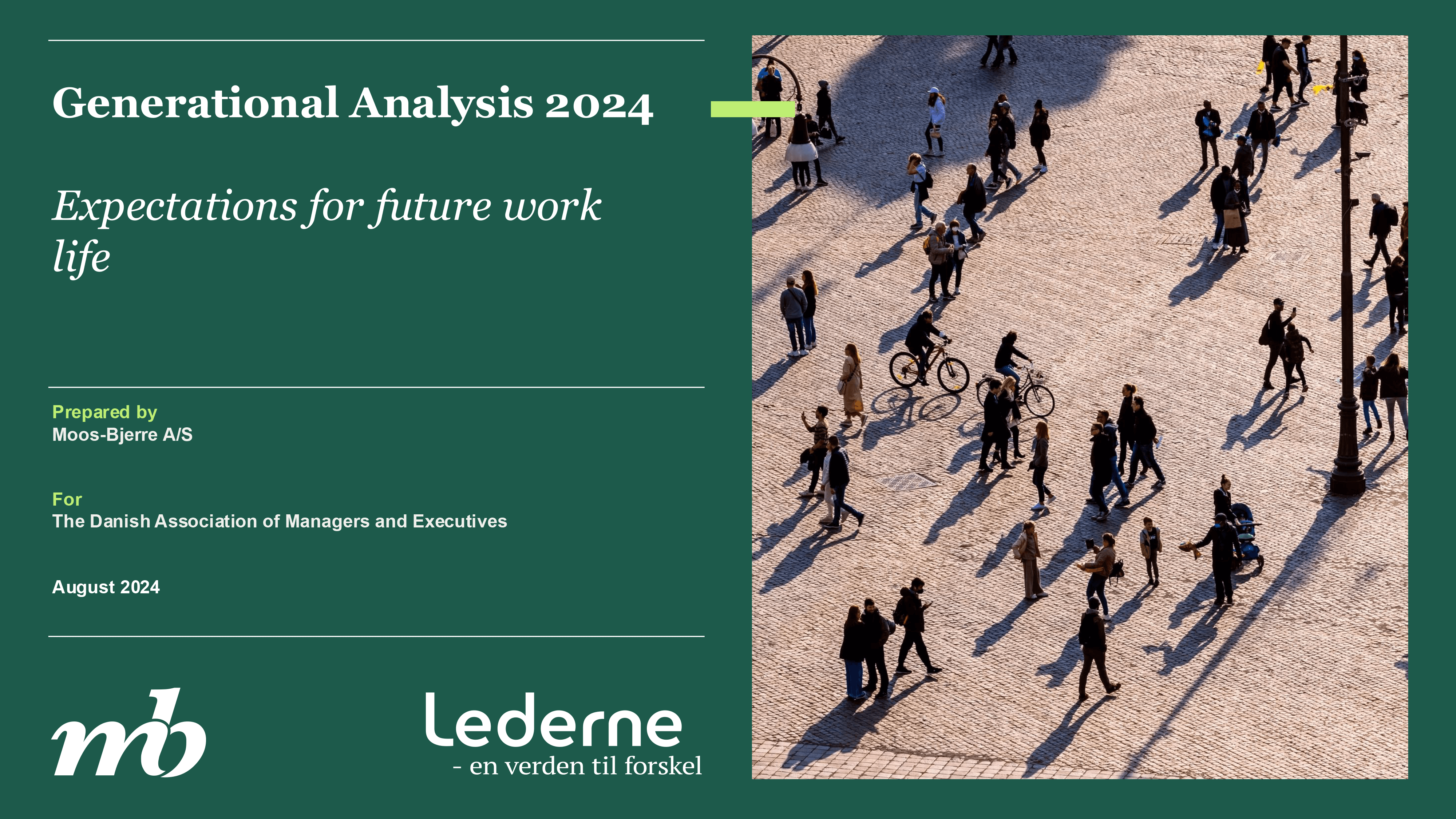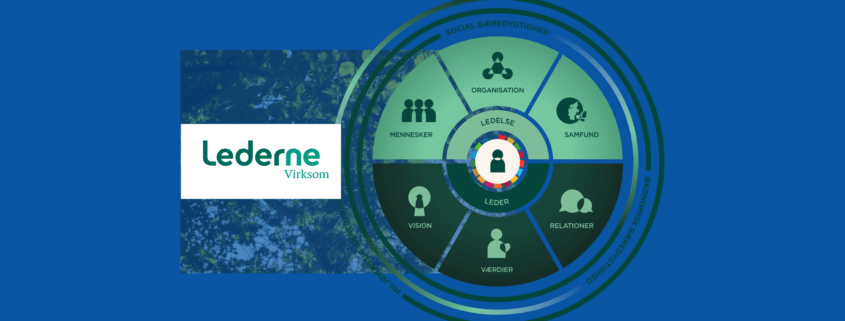Enter your ESG Data and Start Your Company’s Sustainable Transformation
ESG stands for Environmental, Social, and Governance. It is a framework that allows companies and managers to gain an overview of and report on their environmental, social, and governance aspects.
Sustainable transformation of the company is one of the most important management tasks of our time. It is common sense and absolutely necessary to future-proof the business. But it is also complex and associated with high costs and uncertainties about the right thing to do.
To tackle all that, Lederne, the Danish member organisation of CEC European Managers, is championing a dynamic intergenerational approach to workplace leadership, emphasizing inclusivity, sustainability, and forward-thinking solutions to critical challenges like climate action, and has recently translated a free ESG Tool for companies.

Danish ESG Tool translated into English
The Danish ESG Tool for companies has been recently translated into English [you can download it here +]. This free tool allows companies to analyze their sustainable efforts, market demands, and potentials and to collect ESG data for their companies.
More precisely, Lederne’s ESG Tool details the actions undertaken by the company across three dimensions, including policies on energy and water consumption, CO2 emissions, diversity and inclusion, and business ethics.
It also includes stakeholder analyses, highlighting expectations from authorities, employees, and customers.
A materiality matrix is presented to prioritize focus areas based on societal and business impact, and it provides ESG key figures and their associated accounting principles, offering transparency in reporting environmental, social, and governance performance metrics.
Managers are Speaking with the Youth
As highlighted in December 2024 [you can ead “Danish Leaders’ Recommendations: A Crucial Bridge Between Generations for Climate Leadership” here], Lederne’s initiatives align closely with the values of fostering collaboration across generations, ensuring youth voices shape corporate decision-making and bridging gaps in priorities and expectations among employees of all ages.
In fact, Lederne‘s Senior HR, Anders Koch, represented Denmark at the CEC European Managers General Assembly held in Brussels in November 2024, and explained the role the organisation is playing in fostering a genuine dialogue with younger generations.
We should stop talking about the youth and start talking with the young people.
Anders Koch
Lederne’s Senior HR
To European leaders and managers, youth engagement is central to this strategy. In the case of Lederne, Danish managers are already closely collaborating with the Danish Youth Climate Council.
Youth panels, advisory boards, and similar initiatives have effectively embedded younger perspectives into corporate governance, particularly on sustainability issues.

Download Engaging Youth in Corporate Climate Leadership here [+]
Lederne‘s approach avoids “youthwashing”—the superficial inclusion of young voices for branding—by advocating for structured, impactful contributions.
Examples from Danish organisations, such as the CIP Foundation and the Danish Association of Construction Clients, illustrate how diverse, empowered youth panels can drive strategic innovations, ensuring companies reflect the priorities of future generations.
Generational insights underline the urgency of such initiatives. The Generational Analysis 2024 reveals that while all generations value salary and work-life balance, younger cohorts—Gen Z and Millennials—prioritize career development, diversity, and climate-conscious workplaces more strongly.

In contrast, Baby Boomers often associate work with a sense of calling and prefer autonomy in management. This divergence necessitates tailored leadership approaches that balance older employees’ preference for independence with younger workers’ emphasis on collaboration and inclusivity.
Gen Z and Millennial managers prioritize career development, diversity, and climate-conscious workplaces more strongly than Baby Boomers.
Lederne’s initiatives extend beyond advisory roles. Structural support for youth panels, such as mentorship opportunities and capacity-building resources, ensures meaningful contributions while fostering professional growth for young participants.
Reverse mentoring programs, where younger employees guide senior leaders, are also gaining traction as a method to integrate fresh perspectives into established managerial frameworks.
From a corporate responsibility perspective, the EU’s Corporate Sustainability Reporting Directive (CSRD) places stakeholder engagement—including youth participation—at the forefront of governance.
Lederne‘s work aligns with these directives, emphasizing that companies must not only report on sustainability but also integrate diverse voices into their strategic planning processes.
This approach strengthens companies’ ability to meet environmental, social, and governance (ESG) goals, which are increasingly important to both employees and investors.
The benefits of these strategies extend across stakeholders. Leaders gain innovative insights that enhance decision-making and organisational adaptability.
Employees experience a workplace culture that values diversity and intergenerational collaboration, and younger participants receive networking opportunities and management training.
Workplaces can reduce polarization, and society can considerably benefit from it. Managers can help workplaces become spaces for meaningful dialogue between generations on pressing issues like climate action and inclusivity.
Lederne fulfills its role within CEC European Managers by fostering generational collaboration and setting a benchmark for inclusive, sustainable leadership.





